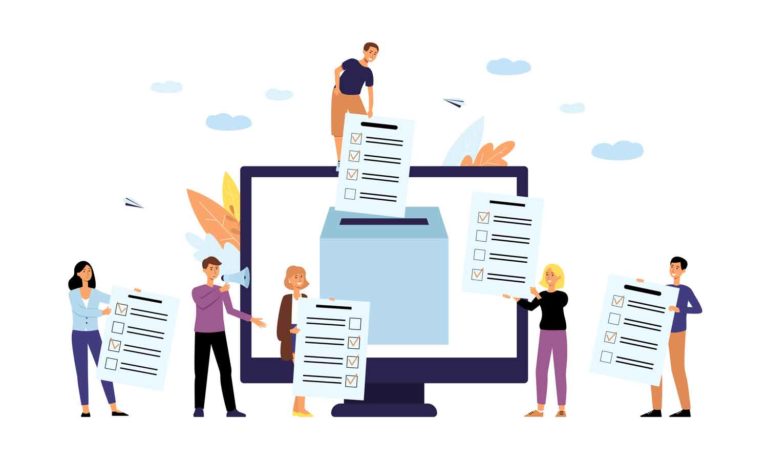
Shortly after launching their campaign, the coalition DecrimPovertyDC released a survey on decriminalization responses. These responses came from Washington, D.C. voters on October 26. In the survey, 83 percent of potential voters supported efforts towards decriminalization. Specifically, they supported the removal of “criminal penalties for possession of small amounts of commonly-used controlled substances consistent with personal use.” Of all those who approve, 65 percent of respondents strongly agreed. Therefore, more than half of all potential voters support drug decriminalization.
“Our calls to D.C. Council to introduce and advance #DecrimPovertyDC’s bill proposal is rooted in urgency and support from community members who are also convinced that the drug war has done more harm than good,” said Queen Adesuyi. She is the policy manager for Drug Policy Alliance’s (DPA) Office of National Affairs. “Washingtonians are genuinely ready for D.C. Council to explore ending arrests for drug use and possession, along with building out a public health infrastructure that could support Washingtonians who need and want help.”
Survey Results
The survey released by DecrimPovertyDC comes from F3 Research. They conducted this survey this past summer of 2021. The survey happened over the phone and through an online portal. In total, F3 Research received 402 answers from potential voters between June 30 and July 8, 2021. The coalition took to Twitter to explain the results to the public.
First, voters are more likely to elect lawmakers who are in favor of decriminalizing drugs. Second, 95 percent support providing additional funds for individuals with addition, health problems, and impoverished to social services. Such services would include healthcare and substance use disorder treatment.
Another 93 percent support creating 24/7 harm reduction services in communities where substance use levels are higher than others. 86 percent of potential voters interviewed favored creating an advisory board to set thresholds of personal use decriminalization levels. Finally, 84 percent want a government funded study which looks into the cost savings from drug decriminalization. In addition to cost savings, the study should see how much funding would become reinvested into the public.
“Washingtonians can see for themselves that the drug war is worsening public safety and health,” Adesuyi commented about the survey results. “We are determined to push D.C. Council to listen to their constituents who largely want to see an actual investment in policies and resources rooted in evidence-based, health services instead of punishment and stigma.”
Future
With such huge support for the DecrimPovertyDC legislation, the added pressure could help move the legislation forward among lawmakers.
“Though decriminalizing personal use quantities of drugs is not radical, and is simply an urgently needed next step in dismantling the harmful drug war, for some people, it challenges decades of socialization of fear and drug propaganda,” Adesuyi said. “However, the public health emergency that we are facing due to prohibition and drug war policies is clear enough that even people who still are working through their drug stigma associated [with] certain substances believe that our proposal is a path worth exploring because the status quo has been so deadly.”
Make sure to check back for more cannabis, hemp, and psychedelic related news.